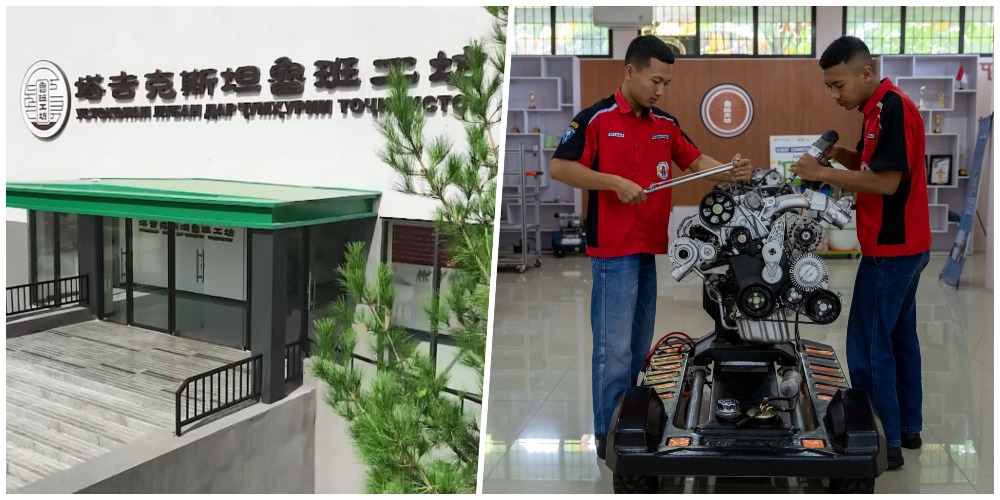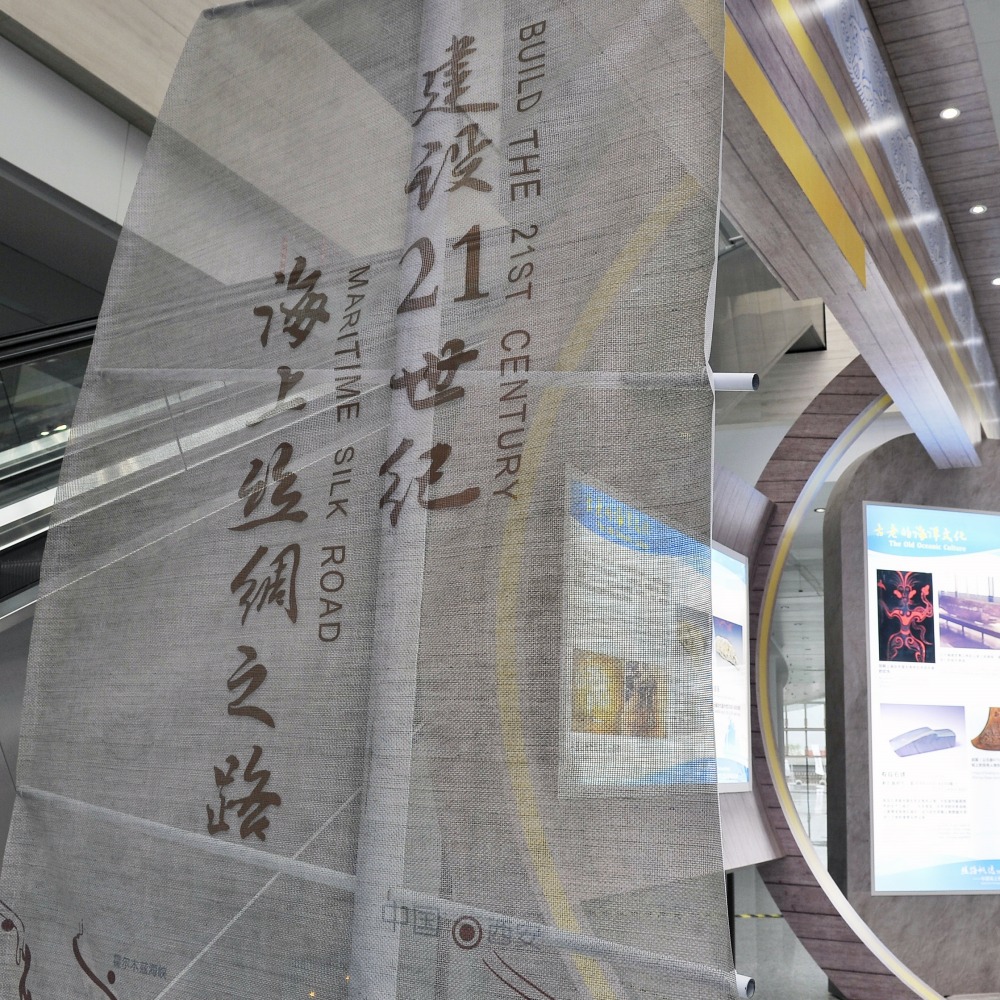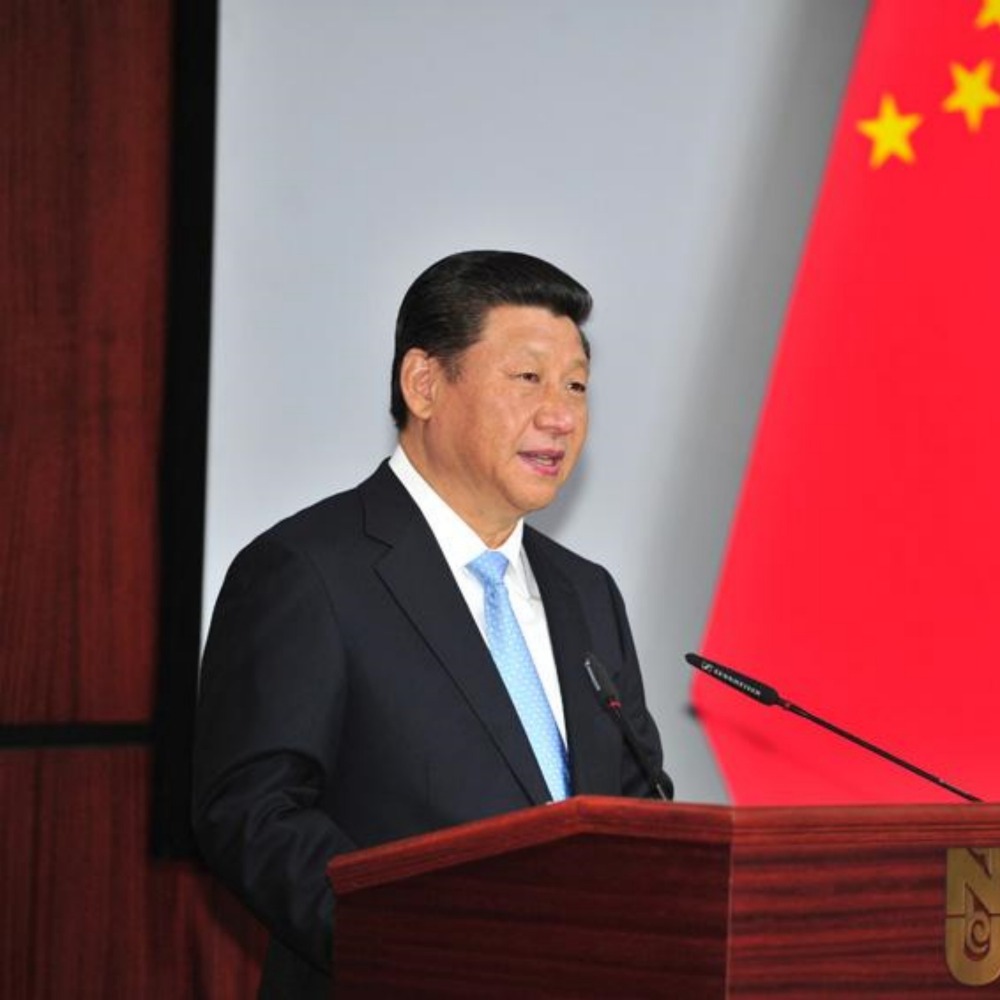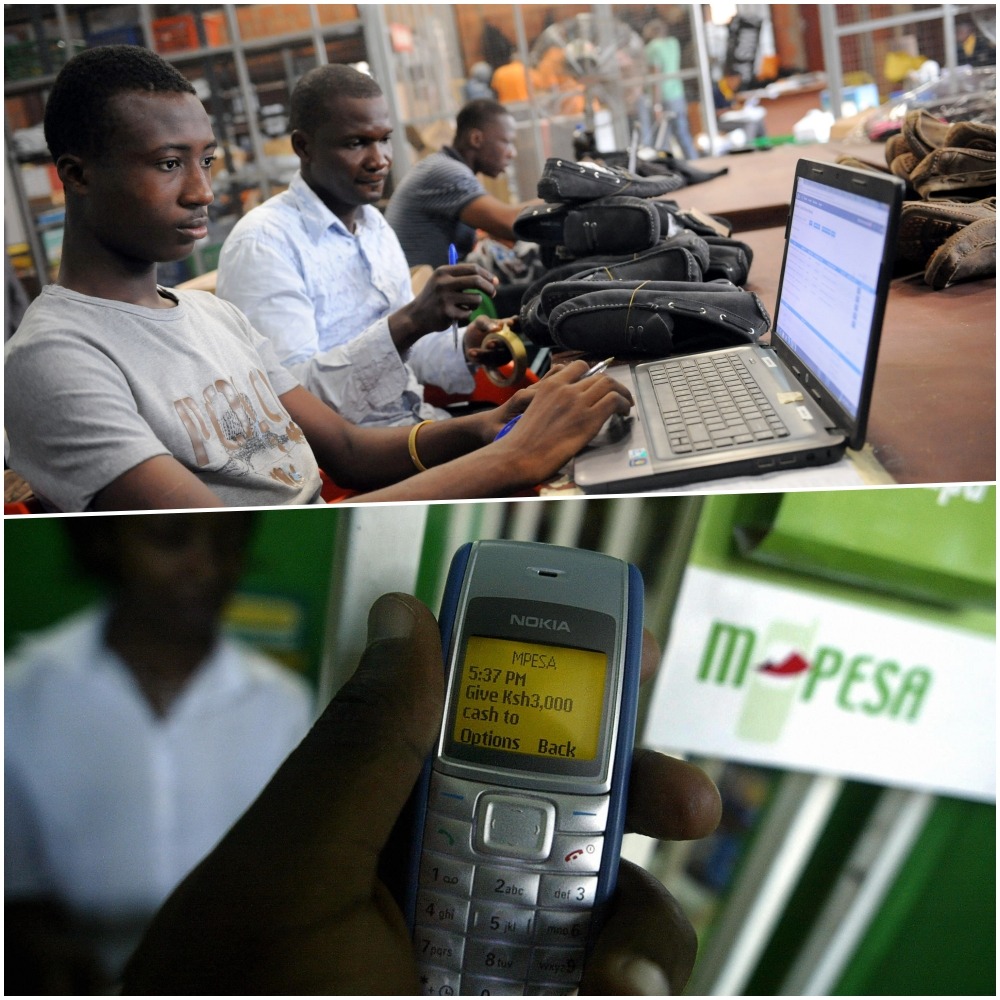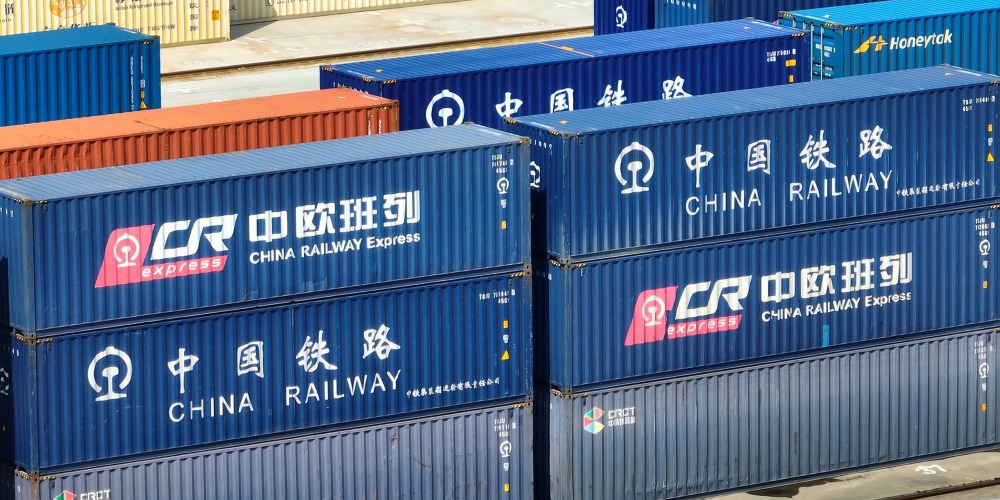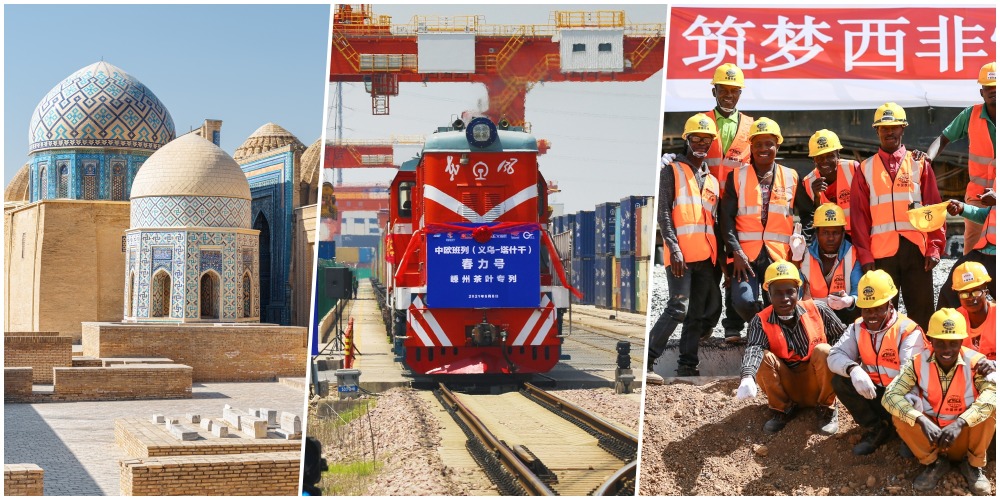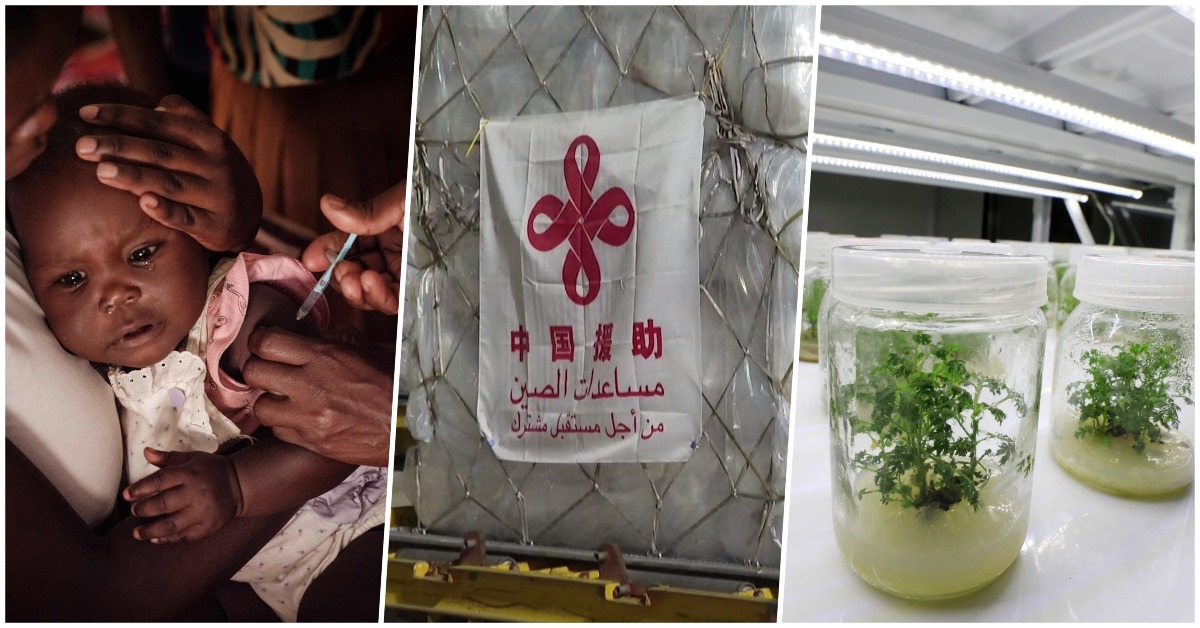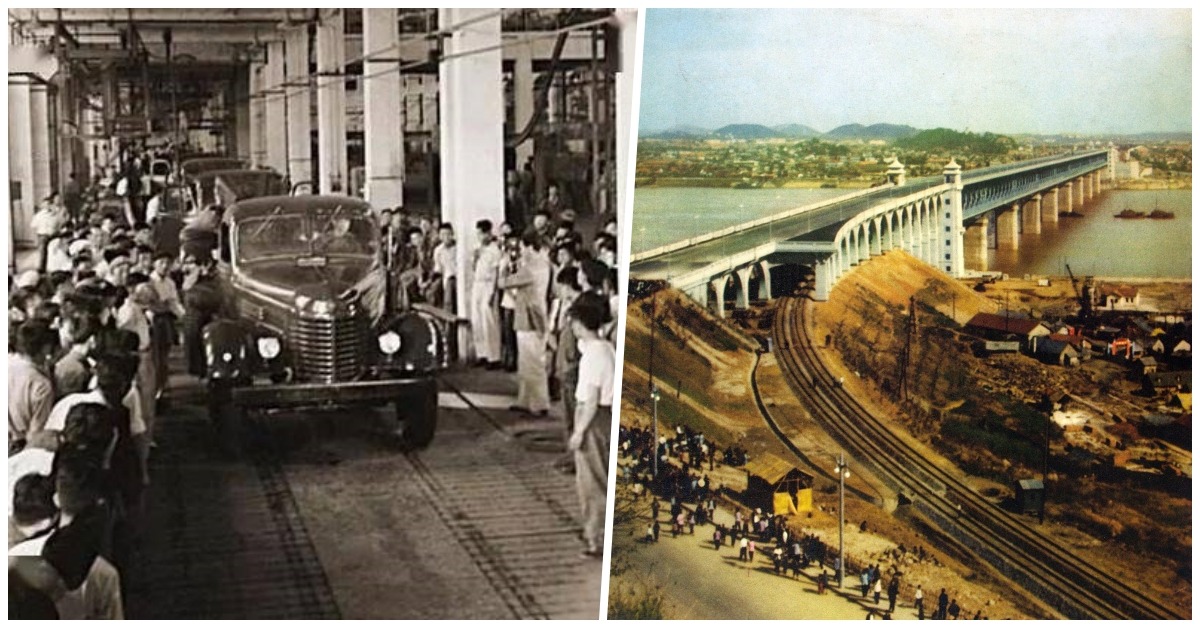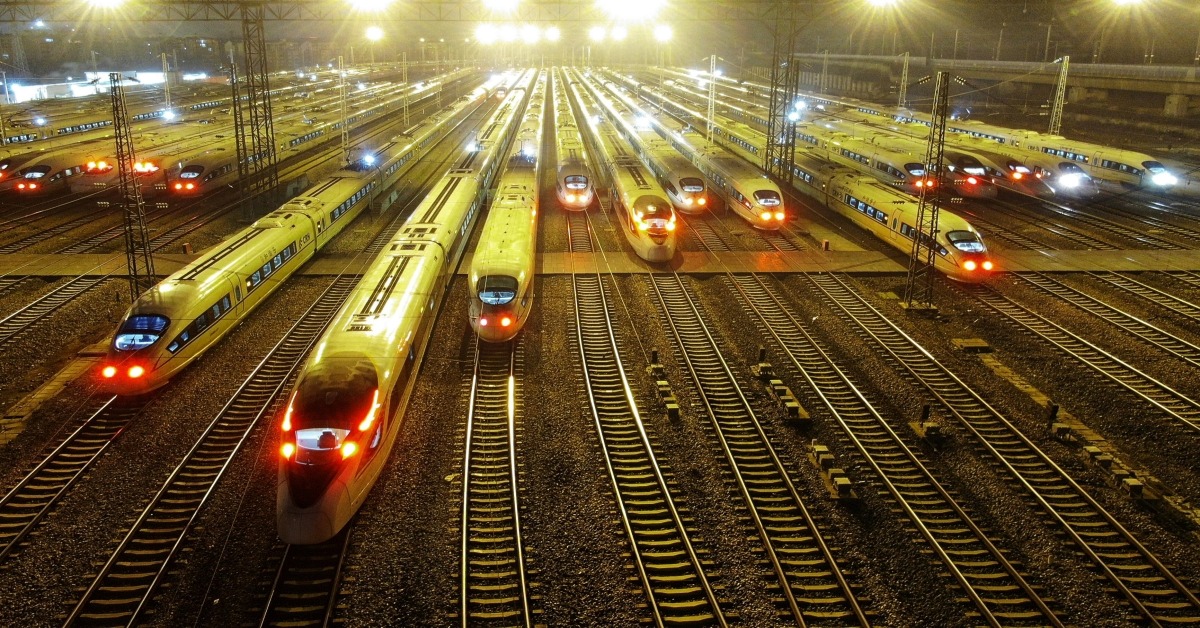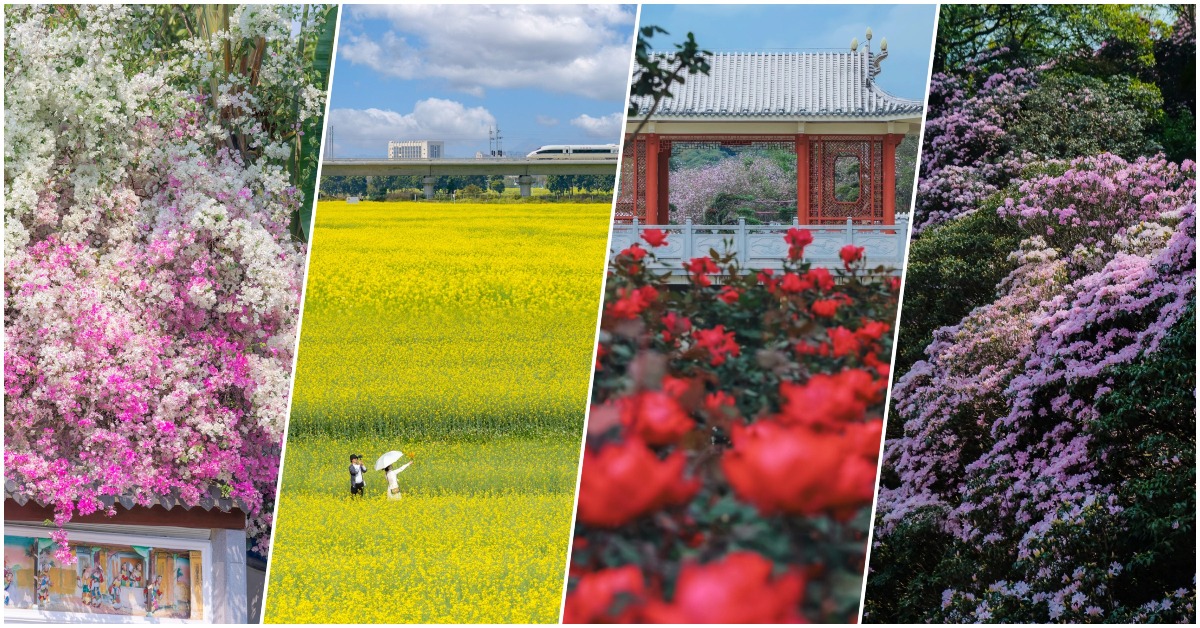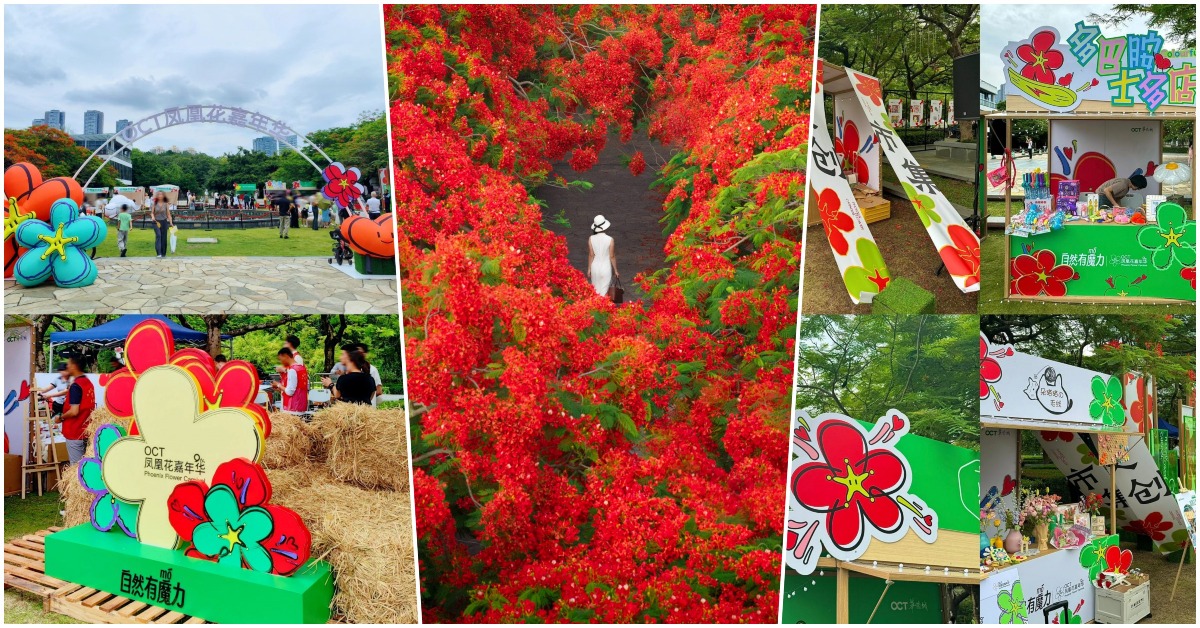Published : 2024-02-26
Since its proposal in 2013, the Belt and Road Initiative (BRI) has now marked its 10th anniversary. From a blueprint to today's reality, the BRI has manifested into tangible development for various countries and welfare for the people.
This article introduces Luban Workshop (魯班工坊) — the vocational education brand that China runs to offer skills training, Mandarin study and job opportunities in foreign countries.
Luban Workshop|Named after famous Chinese craftsman Lu Ban
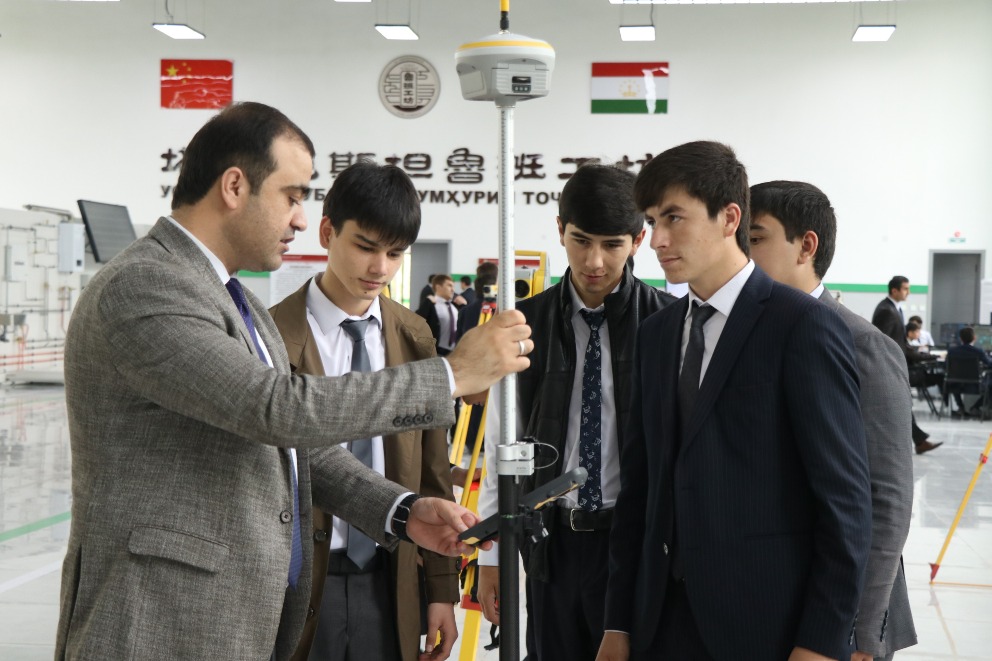
Lu Ban (魯班) was a renowned artisan of ancient China and is revered as the "master of all craftsmen" in later generations. 2,500 years ago, he invented various practical tools, bringing multiple conveniences to the lives of the Chinese people.
2,500 years later, the Luban Workshop, an international cooperative project for vocational education named after Lu Ban, has cultivated thousands of high-quality technical personnel for BRI countries and many more in Asia, Europe, and Africa, making it a distinguished representation of Chinese vocational education going global.
As a flagship project of the BRI, the Luban Workshop was originally designed and primarily promoted by Tianjin City, with the goal of sharing China's outstanding vocational skills and culture with the rest of the world.
Focusing on ASEAN countries, the Shanghai Cooperation Organisation (SCO), and African countries, the workshop adopts a combination of academic education and vocational training to share the teaching model and educational standards of China's vocational education.
Under this project, training centres and advanced teaching equipment are provided, and Chinese teachers and technicians are organised to cultivate technical skills for the cooperating countries.
The first Luban Workshop opened in Thailand
In 2016, the first Luban Workshop was set up in Thailand, offering courses in mechatronics, applications of Internet of Things (IoT) , machine manufacturing and automation, new energy vehicles technology, EMU maintenance, and automatic control of railway signalling.
Through academic education and vocational training, China has so far cultivated approximately 10,000 vocational skills talents for Thailand, promoting local modernisation.
Starting from Thailand, the Luban Workshop has expanded to multiple countries in Asia, including India, Indonesia, Pakistan, Cambodia, and others.
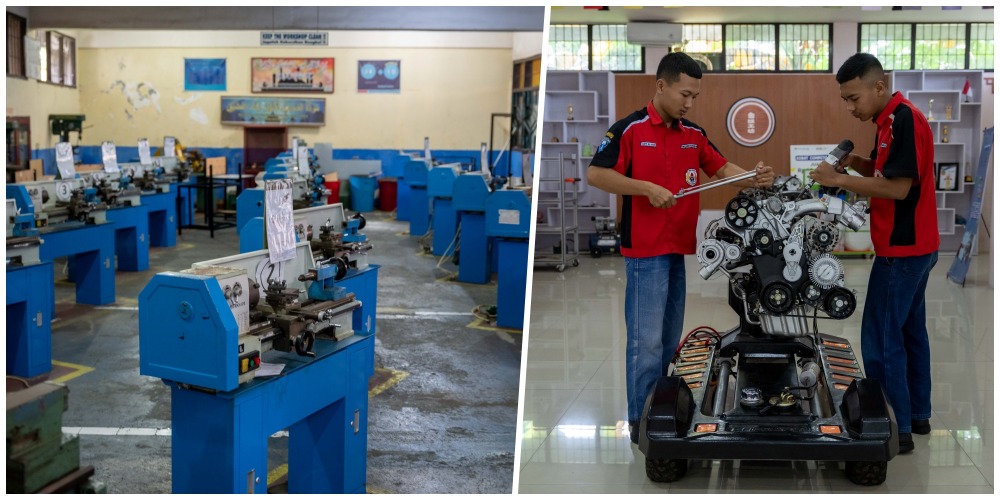
Apart from Asia, the Luban Workshop entered the UK in 2017, opening its second overseas workshop and becoming the first in Europe.
The training centre at Chichester College focuses on Chinese culinary arts, raising the standard of Chinese food and beverage establishments overseas through culinary education and competency certification.
It is also the only training centre for Chinese cooking skills that has received national vocational education accreditation in the UK.
In Europe, besides the UK, Portugal also had a Luban Workshop opened in 2018, offering courses in industrial robots and electrical automation, amongst others, which brought China's advanced equipment, teaching methods, and professional teaching materials to the country.
Over the past five years, the Portuguese Luban Workshop has trained about 400 to 500 people, many of whom are now employed by globally renowned businesses.
Luban Workshop enhancing trainees' competitiveness
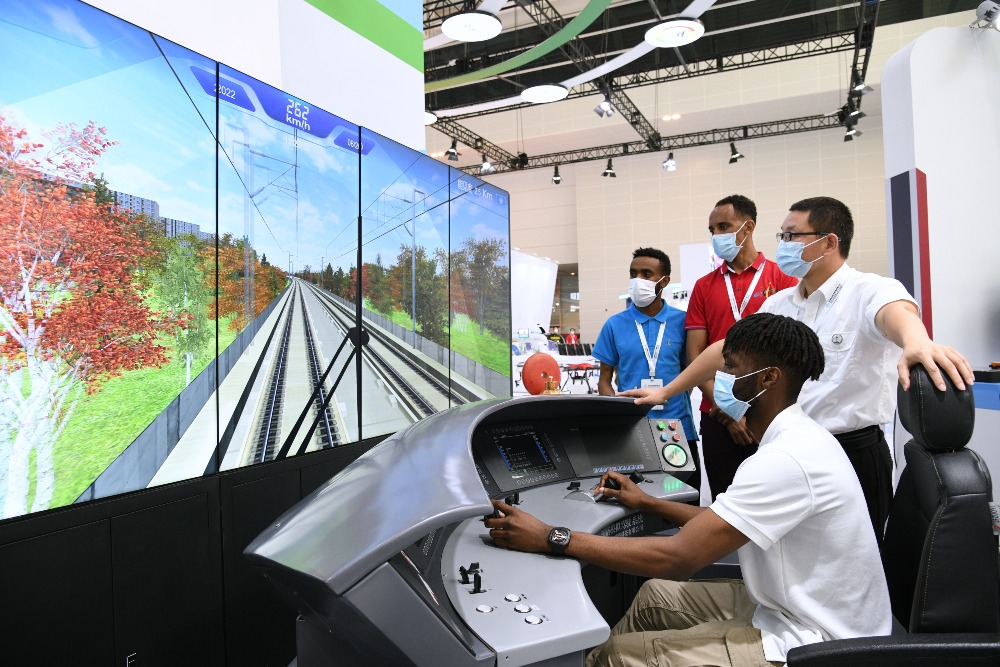
At the 2018 Forum on China Africa Cooperation (FOCAC) summit in Beijing, Chinese President Xi Jinping said China would set up 10 Luban Workshops in Africa to offer vocational training for young Africans.
The first Luban Workshop in Africa was established in Djibouti, East Africa, in 2019, offering four professional courses in rail transit, trade, and logistics.
The Djiboutian Luban Workshop has pioneered higher vocational education locally, filling a professional gap in railways and ultimately creating more employment opportunities for young people in Djibouti, thereby enhancing their competitiveness.
For instance, a Luban Workshop in Burkina Faso, a West African country, trained a 24-year-old Gustave. After a year of training and earning his technician certificate in automotive use and maintenance, he found a new job in a car shop, and his monthly income doubled compared to his previous salary.
Since the first Luban Workshop was established in 2016, there have been 27 Luban Workshops set up in 25 countries across the three continents of Asia, Africa, and Europe, covering over 70 specialties in countries such as Thailand, Pakistan, India, Indonesia, Kenya, Nigeria, Ethiopia, Russia, UK, Portugal, and more.
This not only brings Chinese vocational education to the world, but also nurtures local technical talents, enhances their competitiveness and promotes local economic development.
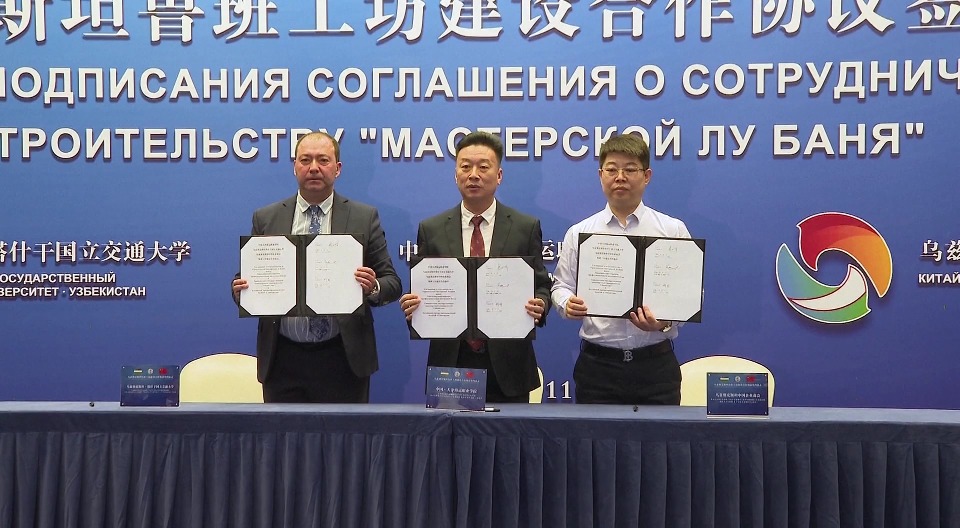
As the ancient teaching of Luban goes, "give a man a fish, and you feed him for a day. Teach a man to fish, and you feed him for a lifetime," the spirit of passing on is extended and shared globally in today's Luban Workshop.
The Luban Workshop, conceived from the idea of "small but beautiful, fast-effect and beneficial to the people," carries the aspirations of the people from various countries for a better life, promoting mutual development to go further and faster.
